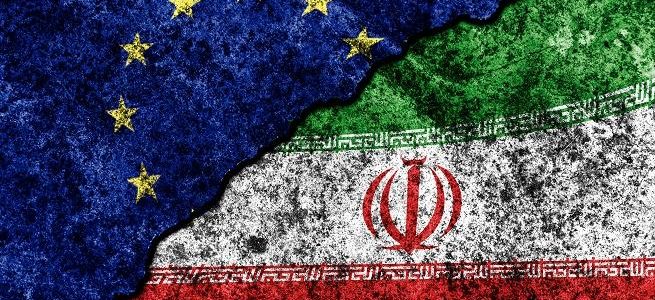
Today we have taken a significant step forward in delivering our commitment under the Iran nuclear deal to preserve sanctions relief for the people of Iran.’ These were the words of Jeremy Hunt, Foreign Secretary of the UK, as he introduced the so-called Special Purpose Vehicle (SPV), which is the latest attempt by the E3 (France, Germany and the UK) at preserving the 2015 Iran nuclear deal, or the Joint Comprehensive Plan of Action (JCPOA).
The SPV seeks to facilitate trade between Europe and Iran, which was undermined after the US administration of President Donald J. Trump withdrew from the JCPOA in May 2018. Since August, the US has re-imposed extraterritorial sanctions, punishing companies in third countries, including in Europe, trading with Iran.
What makes SPV different from the previous European initiatives, which proved to be largely ineffective? And what impact can it be expected to have on the Iranian economy and policy?
How the SPV is supposed to work
After the US exit, the EU declared its full commitment to the nuclear deal and its intention to counteract the US withdrawal and protect European companies from the extraterritorial reach of US secondary sanctions. In line with this policy, the EU introduced several initiatives, all of which, however, have proven largely ineffective.
These initiatives included, among others, the activation of the 1996 EU blocking statute that prohibits European companies from complying with US secondary sanctions on Iran, and authorization of investments in Iran through the European Investment Bank. None of these measures, although acted upon, have been able to prevent the exit of European companies from Iran. The blocking regulation has not been enforced in any concrete case and the European Investment Bank effort failed as the bank was eager to maintain its access to US capital markets. Additionally, the European financial messaging system, the SWIFT network, has disconnected most Iranian banks in fear of US sanctions.

